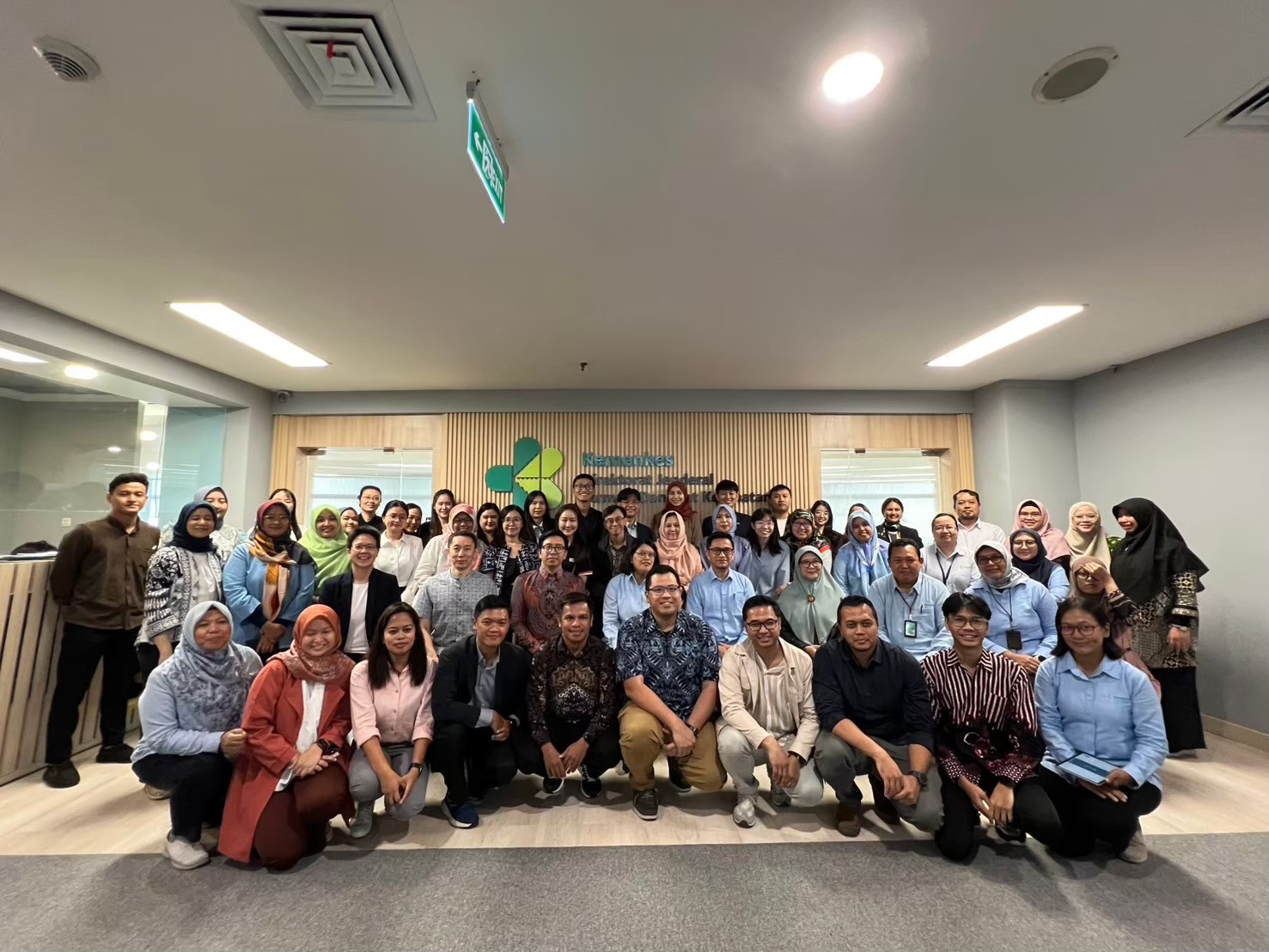Strengthening Health Technology Assessment in Asia: Insights from the 3rd Regional Workshop on Advanced Economic Evaluation Modeling



WASHINGTON — One of the few bills moving through Congress with bipartisan support this spring would speed government approval of lower-cost generic copies of brand-name drugs. But one company, with help from an influential former congressman, is lobbying to protect its most lucrative brand-name product against generic competition and appears to have had some success in the House, potentially altering the bill to make it more favorable for the company.
The dispute highlights a central issue in health care, as makers of brand-name drugs — many of which have struggled in recent years to develop successful new drugs — fight to limit generic competition on their existing products for as long as possible. Brand-name companies argue that future drug development will suffer if they cannot profit from their investments, while generic companies argue that they can hold down medical costs.
The new bill would help generics by imposing, for the first time, user fees on manufacturers of generic drugs to help pay for faster review of their products by the Food and Drug Administration.
The House is expected to take up the drug legislation this week. The Senate approved a similar bill by a vote of 96 to 1 on Thursday.
Knowing that the measure is likely to become law, lobbyists and members of Congress have tried to attach amendments dealing with narrower concerns, like dietary supplements and genetically engineered salmon.
The company trying to protect its product is Endo Pharmaceuticals (which is in the process of changing its name to Endo Health Solutions). It is concerned about generic versions of a brand-name pain reliever, Lidoderm, which had sales of $825 million last year, accounting for about 30 percent of the company’s revenues. The product — an adhesive patch — delivers lidocaine, an anesthetic, to relieve the burning, stabbing pain that can last for months or years in shingles patients.
Two companies, Watson Pharmaceuticals and Mylan, said they had filed applications with the F.D.A. seeking permission to make generic versions of Lidoderm.
Endo has hired as lobbyists Bart Stupak, a Democratic former House member who represented the Upper Peninsula of Michigan for 18 years, and William R. Nordwind, who worked more than a decade for Representative Fred Upton, Republican of Michigan and chief sponsor of the House bill. Mr. Stupak met with Representative Henry A. Waxman of California, the senior Democrat on the committee that wrote the bill, to discuss Endo’s concerns, and Mr. Nordwind met with Mr. Upton, aides to the lawmakers said.
Endo is focusing on a seemingly technical issue: how to tell if a generic version of Lidoderm is equivalent to the original. Endo says some of the new fees should be used for research that would help compare Lidoderm and generic lidocaine patch products, to see if the generic versions are as safe and effective as the original.
The company contends that the benchmarks most often used to compare generic and branded drugs — like their absorption in the bloodstream — are inappropriate for Lidoderm because its active ingredient acts locally and is not meant to enter the bloodstream.
Endo says competitors should be required to conduct numerous tests in humans to show that their generic products are equivalent to the Lidoderm patch. These tests would take time and could raise new hurdles to F.D.A. approval of generic versions. Endo raised similar concerns with the F.D.A. in a “citizen petition” that was filed in December 2006 and bolstered with new arguments several months ago.
Republicans working on the legislation said that Mr. Nordwind had submitted proposed legislative language to the committee. Democrats said they thought it was tilted against generic drug makers. Congressional aides eventually negotiated a compromise.
The language ultimately included in the House bill was prepared by Mr. Upton’s staff, working with the Democrats, and requires the F.D.A. to develop new ways of measuring the equivalence of “locally acting” generic and brand-name medicines, with the help of the fees to be paid by the generic-drug makers. The bill directs the agency to “describe the amounts spent, data generated and activities undertaken.” But it does not say how the agency should rule on any particular drug.
The Senate bill does not include such a provision, though Senate aides said that they had been lobbied on the issue. If the House passes its version of the F.D.A. bill as expected, the issue could come up in negotiations.
Mr. Stupak and Mr. Nordwind, both partners at Venable L.L.P., a large law firm, refused to discuss their work for Endo. “I don’t talk about my clients,” Mr. Stupak said.
Kevin M. Wiggins, a spokesman for Endo, refused to discuss the lobbying or the legislation.
Mr. Stupak, who was at times critical of pharmaceutical companies during his years in Congress, led anti-abortion Democrats in demanding restrictions on the Obama health care law’s use of federal money to subsidize insurance that included coverage of abortion services, before announcing his retirement in 2010.